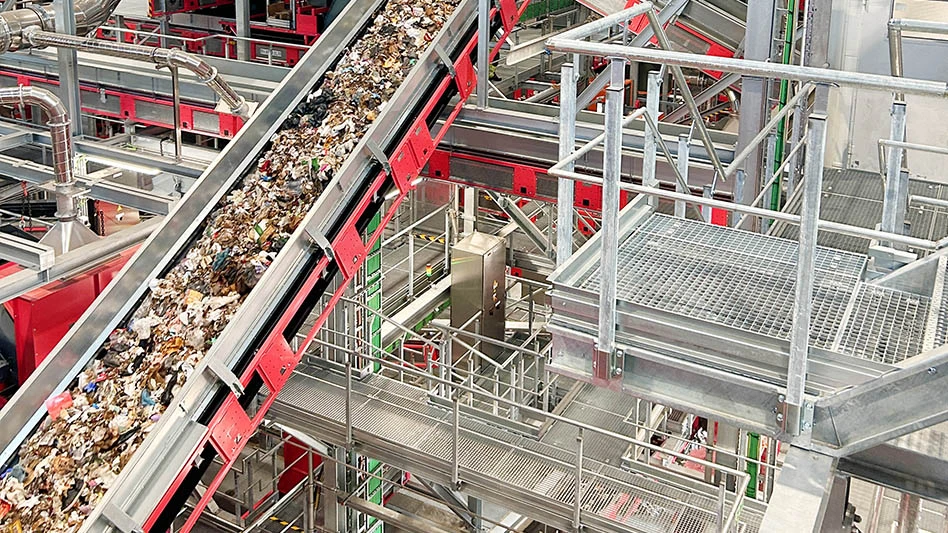
A recent Greenpeace Study about plastic recycling had some harsh criticism for producers of plastic products and for the recycling industry itself.
Some industry leaders took issue with some of the claims.
Steve Alexander, president of the Association of Plastic Recyclers (APR) issued the following statement on the Greenpeace report: “Circular Claims Fall Flat Again”:
While APR is still reviewing the report, it seems that Greenpeace is “recycling” a number of misleading claims. For example, Greenpeace’s claim that the rate for plastic recycling is 5% is not correct.
When looking at plastic recycling, APR uses the amount of consumer-facing packaging produced. It appears that Greenpeace is using all plastics created as a denominator - that includes durable goods, playground equipment, railway ties, even toilet seats, that are meant to last many years as well as non-durable goods not intended for recycling such as garbage bags and other products. The plastic items that most Americans buy, use and put in their recycling bins – water and soda bottles, laundry detergent jugs, yogurt tubs – do get recycled. Consumer packaging is made mostly of PET, HDPE and PP. Based on the latest EPA data, APR recently issued a report that found that 19% this kind of plastic packaging was recycled. The latest information available for PET and HDPE bottles is from 2020 and shows a recycling rate of 28%. PP bottles have a recycling rate of 17%,
APR agrees that this recycling number must be improved, and recyclers have the capacity today to increase that rate to 42% but can’t get the supply. It is unfortunate that Greenpeace and other critics of plastics use are focused on attacking the one solution to the plastic packaging sustainability problem that works: recycling.
There will always be plastic packaging, so it is essential that it is sustainable. Recycling is the only vehicle to do this. If we want to be serious about tackling the plastic problem, we must be serious about strengthening recycling.
For the plastics industry, Matt Seaholm, President & CEO of the Plastics Industry Association (PLASTICS) said in a statement: "Recycling is real, and the claims that it can’t ever work, made in this document, will likely result in unnecessary waste and public reaction that could actually cause greater environmental harm."
Photo 138908712 © Ivan Tsyrkunovich | Dreamstime.com
Latest from Waste Today
- US Senate backs reduced cuts to EPA
- ELV Select Equipment, Reworld aid NYPD in secure firearm disposal
- Waste Connections announces Q2 results
- Returnity and Cosmoprof to address reusable bag waste
- SWANA releases report on aging WTE facilities
- New economic assessment reveals cost benefits of California’s SB 54
- Premier Truck Sales & Rental opens new facility
- TeknTrash Robotics, Sharp Group partner on humanoid robot pilot





